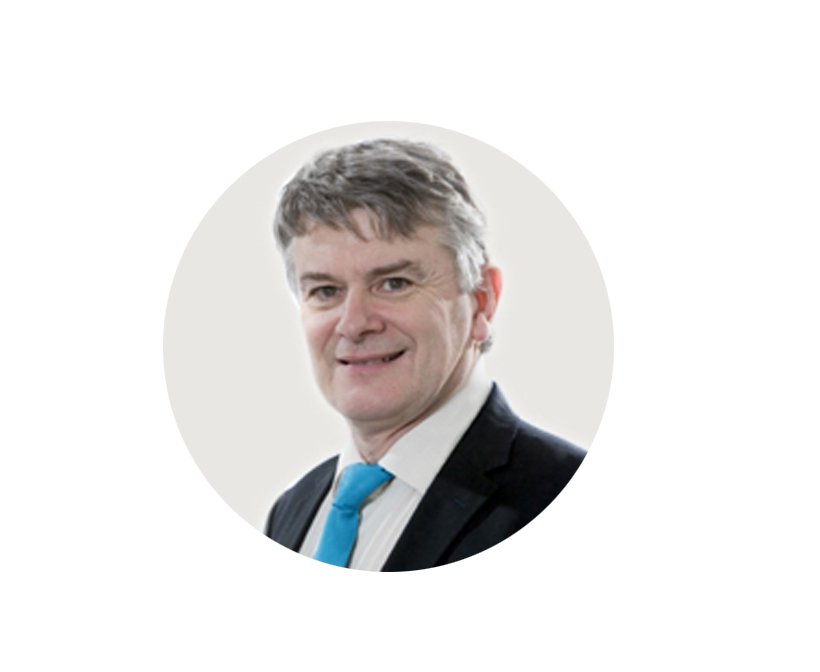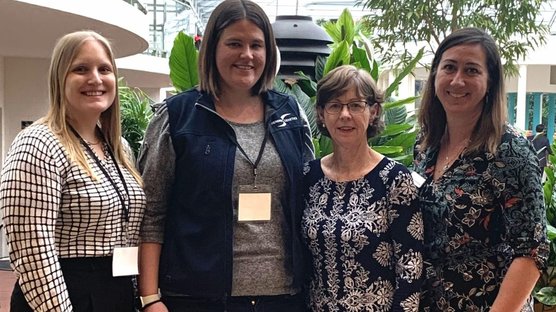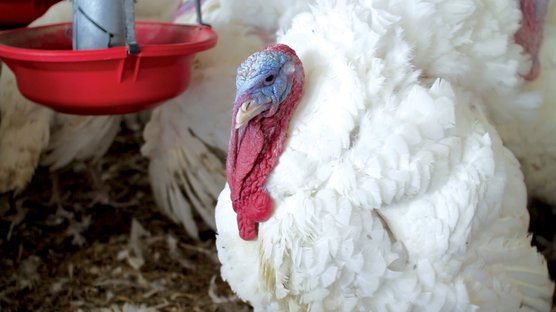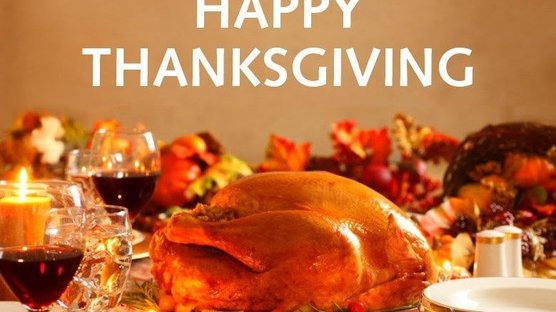
Published on Sept. 18, 2020
Get to know our team: Gérard Lévêque
Earlier this year Hendrix Genetics revealed a revived mission and vision for the next 5 years. The vision is about setting the standard for sustainable animal breeding. As a step towards achieving this vision, the role of long-time employee, Gérard Lévêque, has been enhanced. In addition to being appointed as Global Sustainability Coordinator, Gérard accepted the newly created role of Global Manager Animal Health. Read on to learn more.
You recently entered a new position as Global Manager Animal Health for Hendrix Genetics. What is this role all about?
First of all, what is interesting is that it's a completely new role for our company. This allows me some latitude to direct the position towards areas where I know I can make the most contribution, within a defined framework of course. Secondly, through this new position, I have joined the RTC (Research Technology Center) team alongside geneticists, which allows me to be at the heart of our business - Genetics.
My first mission is to offer support to our different business units on animal health, either because there is no dedicated team or because there is a problem to be solved for which I can bring my help and an outside view. In addition, my objective is to challenge what is already in place. For example, on animal welfare or biosecurity policies, I can evaluate how these policies have been implemented and whether it can be improved. This will be done in line with the 5-year vision of Hendrix Genetics, that focuses on setting the standard for sustainable animal breeding and the ambition of contributing to one of this vision’s main pillars, ‘Product Excellence’. This will also allow me to create a network between our different activities and species and their animal health divisions in order to facilitate the exchange of best practices. Finally, I must be attentive to the environment in the broadest sense of our company, and to the concerns of civil society. Animal health, animal welfare and antibiotic resistance are all areas where society's expectations are high, and which are essential to prepare our company to meet the challenges of the near and more distant future.
How did you get involved in the industry?
It was through Grelier (now Hendrix Genetics Turkey France) that I got involved in the industry. Grelier was a multi-species company, but turkeys contributed to much of its growth and success over the years. Since the 1970’s, Grelier was one of the main players in the development of turkeys in France and Europe. But for me, at the beginning, it was more a matter of chance.
At the veterinary school, like many children and students' dreams, I was more interested in taking care of cows and I was able to do internships in veterinary practices involving important dairy cow farms. One of them also had clients in pig farming and that’s where I was able to discover the aspect of rational animal rearing - where you have to be able to manage the activity, its economic framework, AND the care and health of the animals. This is different from veterinary care on pets, where often significant costs are incurred to ensure the health of one's animal, with no budget limitations. In the end, what I liked was having to manage several interconnected aspects of animal production, of which health is only one element. My choice was therefore at the end of my studies to move towards rational animal rearing. It was an opportunity at Grelier that brought me into the world of poultry and turkeys.
Tell us a bit more about your history with Hendrix Genetics. How long have you been working here?
I entered the company in January 1989 as a veterinarian. I think the special thing about my background is that I have held responsibilities in a lot of different roles. This gives me a fairly complete view of all the company's operational activities. When I arrived, I also became head of the analysis laboratory, then very quickly moved into production, and afterwards became production manager. At the time (still as Grelier), there was only one production department for all species, so I was able to work for turkeys but also broiler breeders and guinea fowl. That is where I was also was very involved in the expansion of our business through the creation of Grelavi(Poland) and Greleger (Hungary).
In addition to the managerial responsibility for production, I looked after all technical aspects including feed purchasing, nutritional specifications, and technical improvements. As the company grew we put new managers in place to focus on the managerial and nutritional aspect, and I refocused on animal health in the technical/scientific department. Throughout it all I maintained strong relations with certain customers, particularly internationally, in support of our sales teams.
What are some ways you’ve seen the industry shift and change throughout your career? Where do you see it going in the future?
If you look at animal welfare, there is clearly more attention and pressure today. That wasn't the case when I entered the industry. I think this is very good because we always need to keep in mind we are working with living beings. However, we must be careful not to be too extreme in extrapolating the needs and feelings of humans to animals. Beyond extremist approaches, we must provide concrete and rapid responses to the management of the planet's limited resources.
Animal proteins are often singled out and their consumption will continue to be debated in the future. A large part of the contribution of our breeding work to animal sectors is aimed precisely at reducing the footprint of animal protein production, whether it concerns plant production or water resources for example. This work will make it possible to keep all the advantages of animal proteins for human food, on the nutritional side mostly, but also on the gastronomic side. Even if this point of view is probably linked to my French nationality, I find that animal proteins open the door to a whole range of flavours for cooking that it would be a shame not to enjoy.
Regarding the animal health approach, I have observed an increase in the concentration and size of farms, which inevitably contributes to the emergence and, above all, the spread of diseases. At the beginning of the 1990s, we were concerned about the geographical location of our farms to limit the risks of blocking all our production in the event of Influenza for example. Back then, I had the impression that we were working on a theory and that we would never encounter such a situation, because besides very specific areas we had never heard of this disease in the world. And yet after a first alert in 2003 in the Netherlands, France, like other countries in Europe, had a case of Influenza by 2006. Since then this disease has become a permanent threat and there are new outbreaks regularly throughout the world. We have efficient systems, but in the end it doesn't take much for a virus to emerge. This is also what we are seeing now with African Swine Fever or Coronavirus on a human scale.
On the other hand, veterinary medical research has made a lot of progress with the ability to have more sophisticated vaccines and to provide new answers. Biosecurity, which is an effective tool to help prevent diseases, must remain the basis of all operations and why we must work in this area for continuous improvement.
Finally, there is very strong pressure from society to reduce chemical treatments, especially antibiotics. The use of antibiotics in our company has always been very controlled and limited, but we are going to have less and less access to certain molecules and we will have to be creative to find new solutions, while continuing to work on disease prevention. The challenge for the years to come is clearly to manage, with limited medical resources, a pressure of diseases that can only increase. The means of prevention and the robustness of the animals will be two key areas for success - on which we are continuously working to improve.
What are you most proud of in your career?
I think that what I am most proud of is to have contributed over the years to developing the image of quality and safety of Grelier's and then Hendrix Genetics’ products. I am also proud to be able to continue to work on delivering product excellence through my new roles. To me this means we offer our customers products that not only have the best genetic potential but also a very good health status. I am also proud to have always succeeded in recruiting very good veterinarians and to have always had a great team with me, appreciated for its human qualities and recognized for its skills.
Outside of work, what do you like to do?
Although of urban origin, I am very earthy in my leisure time. I like to spend time outdoors with my family, in my garden, or out for a walk. Other hobbies include photography and cooking. In reading, I appreciate classic French literature, comic books or English detective novels. In music, I'm quite eclectic with a fondness for English pop such as the Beatles, Queen, Genesis or Muse. I also listen to a few French artists, like George Brassens and Jacques Brel.



